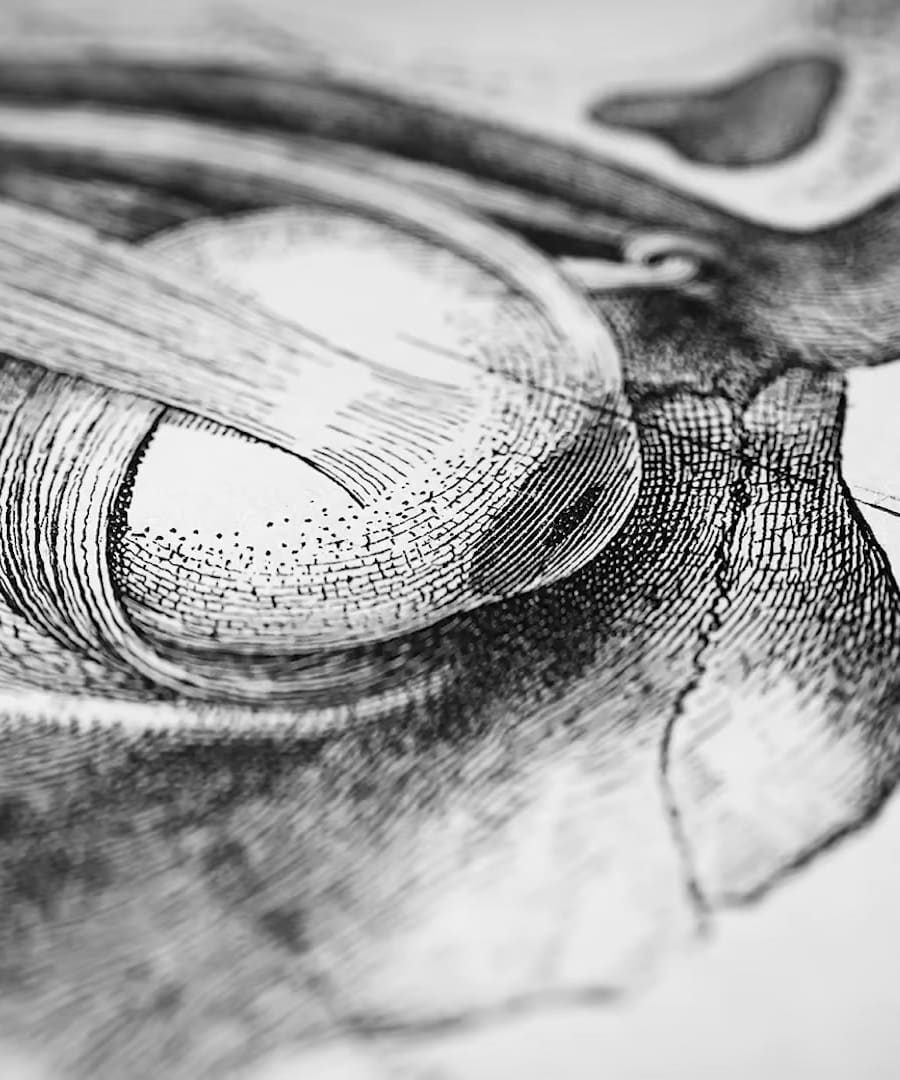What protocols are recommended for managing anxiety, emotional distress and triggers during a marriage breakdown?
Sources:
For managing anxiety, emotional distress, and triggers during a marriage breakdown, provides some valuable protocols in the context of grief, which can be applicable. Here are some key recommendations:
-
Acknowledge and Maintain Attachment: Recognize and accept the intensity of your attachment to your partner. Trying to disengage or numb yourself from these feelings is not recommended. It's crucial to acknowledge that the attachment is very real and important 1.
-
Separate Attachment from Memories: While maintaining the attachment, work on uncoupling it from the memories of shared space and time. This helps in managing expectations and reducing the emotional impact of recalling past experiences. It's not about living in the past but adapting to the new circumstances 1.
-
Shift Your Mindset: Start making predictions and understanding how you will engage with this attachment moving forward. Build a mindset that allows you to feel the attachment without expecting past scenarios to reoccur. This process, although effortful, helps in transitioning and managing emotional triggers effectively 1.
These tools, when applied thoughtfully, can help ease the emotional distress and anxiety during a challenging period like a marriage breakdown.
RELATED QUESTIONS-
What are specific actions to cope?
Sources:
Here are some specific actions recommended by and for coping with anxiety, emotional distress, and triggers during a marriage breakdown:
-
Journaling:
- Carry a Journal: You can keep a journal with you throughout the day to jot down thoughts and feelings as they arise.
- Structured Journaling: Alternatively, set aside specific times to write in complete sentences about your experiences and emotions. This can help process and organize your thoughts 1.
-
Short-term vs. Long-term Coping Mechanisms:
- Recognize that while short-term coping mechanisms like food, drugs, alcohol, or even negative thoughts can provide immediate relief, they might hinder long-term emotional health.
- Aim to find healthier coping strategies that contribute to long-term change and well-being 1.
-
Defense Mechanisms:
- Engage in self-reflection to uncover any unconscious defense mechanisms you might be using.
- Understand these mechanisms and how they impact your behavior and emotional state. For instance, avoidance can be a defense mechanism that might require your attention 2.
-
Healthy Activities:
- Replace unhealthy defense mechanisms with healthier activities. For example, if you find yourself consuming more alcohol, try to substitute it with positive activities like exercise, hobbies, or socializing with supportive friends.
-
Therapeutic Support:
- Seek help from a skilled clinician if possible. Therapy, even if done remotely, can provide tailored support and strategies for managing distress.
- If professional therapy isn't accessible, consider self-help options like guided meditation apps, support groups, or self-help books 1.
These actions can assist in managing the mental and emotional turmoil during a difficult period like a marriage breakdown.
RELATED QUESTIONS-
What are the benefits of therapy?
Sources:
Therapy offers numerous benefits, as highlighted by :
-
Rapport and Trust:
- Establishing a trusting relationship with a therapist provides a safe space to discuss all issues without judgment 1.
-
Emotional Support:
- Therapy offers emotional support and directed guidance, helping individuals navigate challenges more effectively 2.
-
Valuable Insights:
- A skilled therapist can provide insights that individuals may not have otherwise gained, aiding in better understanding oneself, relationships, and career goals 3.
-
Improved Mental Health:
- Quality therapy is shown to enhance mental health, offering a way to continuously improve one's emotional state and behaviors. This is comparable to the benefits of regular physical exercise 4.
-
Personal Growth:
- Therapy helps mesh together various aspects of life, allowing for focused attention on what truly matters. It supports personal growth by enhancing the relationship one has with themselves and their goals 5.
-
Convenience:
- Services like Betterhelp make it easier to find and schedule sessions with therapists, ensuring consistent support even for busy individuals 1.
Overall, regular therapy, much like physical exercise, is a critical component for maintaining and improving mental health and well-being.
RELATED QUESTIONS-
How should I journal effectively?
Sources:
offers an evidence-based journaling protocol that emphasizes its profound impact on mental and physical health. Here are key points for effective journaling:
-
Purpose and Frequency:
-
Emotional Challenges:
-
Neuroplasticity and Healing:
- Writing about emotionally charged experiences promotes neuroplasticity, helping to reorganize neural pathways in the brain for better mental health 3.
- The combined effect of truth-telling and emotional expression fosters significant improvements in mental and physical health, enhancing the efficacy of other therapies like talk therapy or medicinal treatments for PTSD and depression 3.
-
Flexibility:
- This method is time-efficient and can be completed in a short span, such as one week or spread over a month, with lasting benefits 4.
-
General Techniques:
- There are two other useful journaling styles: free associative journaling (a "data dump") and structured journaling. Both methods enhance self-understanding, confidence, and mental clarity. Free associative journaling involves writing whatever comes to mind for about 5 to 10 minutes each session 5.
Effective journaling requires confronting emotional discomfort, writing consistently about unresolved issues, and allowing time for introspection and recovery after each session. This scientifically supported method can dramatically boost mental and physical well-being.
RELATED QUESTIONS-
What protocols are recommended for managing anxiety, emotional distress and triggers during a marriage breakdown?
- RELATED QUESTIONS
What are specific actions to cope?
- RELATED QUESTIONS
What are the benefits of therapy?
- RELATED QUESTIONS
How should I journal effectively?
- RELATED QUESTIONS












